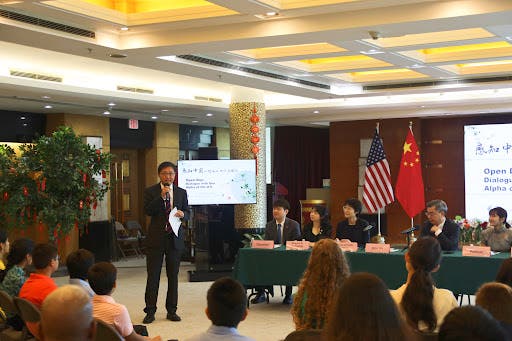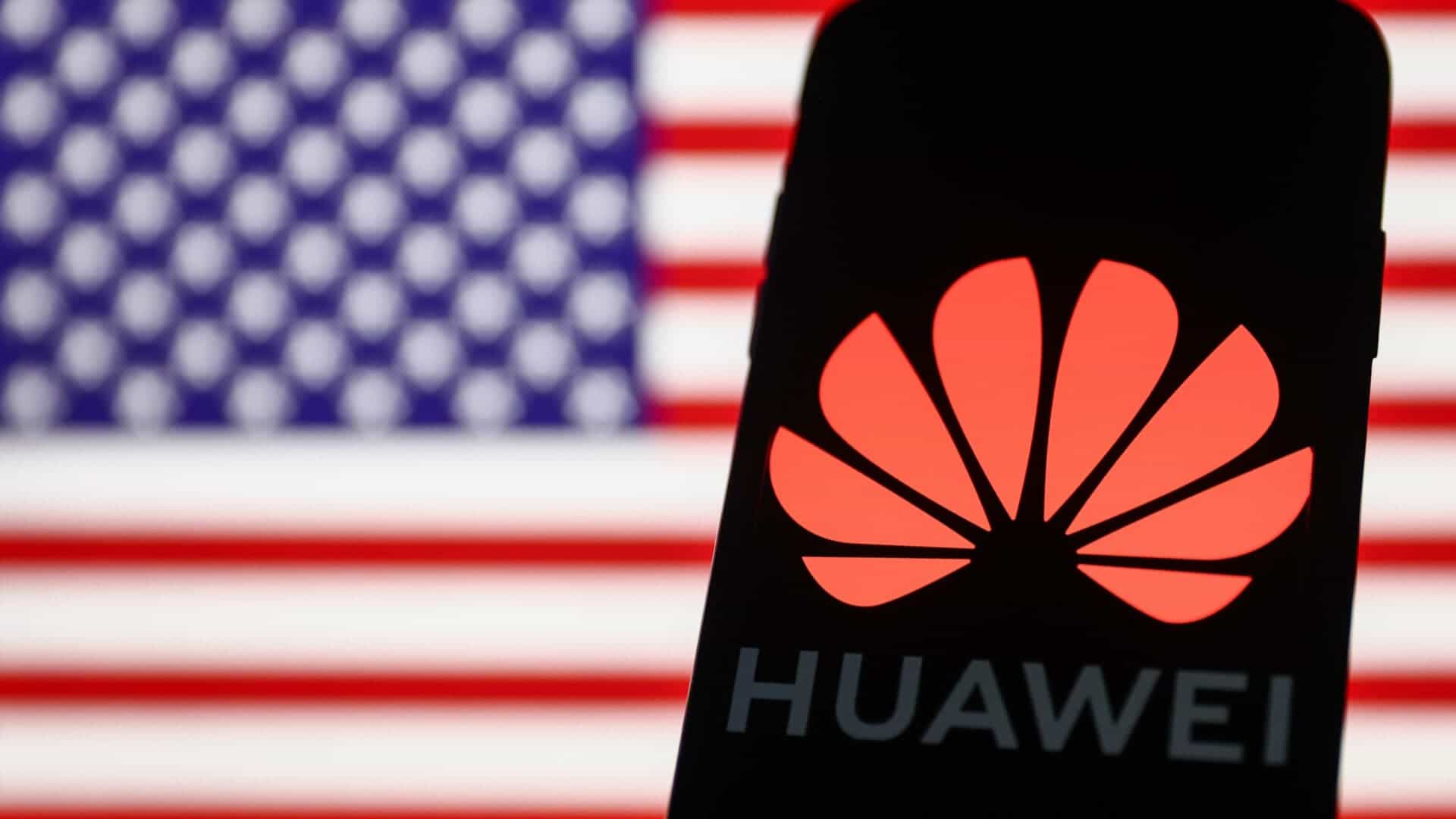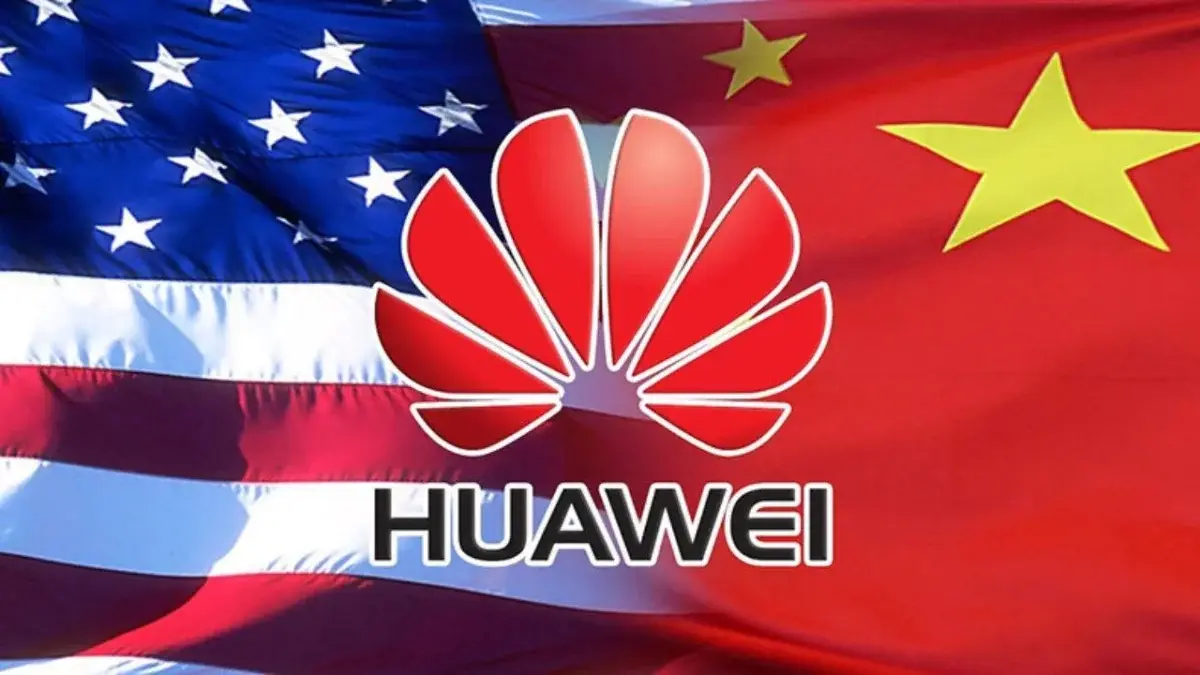The Biden administration is increasing pressure on China’s main sanctioned chipmaker by blocking its most advanced factory from receiving more American imports. The move comes after the factory produced an advanced chip for the Huawei Mate 60 Pro phone, according to three people familiar with the situation.
In the second half of last year, the Commerce Department sent numerous letters to US suppliers of Semiconductor Manufacturing International Corp (SMIC), informing them that the government would no longer allow them to sell to its most advanced plant. The US took this action because of concerns about Huawei’s sophisticated chip, as revealed by two anonymous sources who were not authorized to speak publicly on the matter.
US suspends supply of Entegris to SMIC
Many companies had previously stopped selling to SMIC South, the letters said. Correspondence has already halted the supply of millions of dollars worth of chip-making materials and parts from at least one supplier, Entegris, according to the insider.
It is important to note that there is no evidence to suggest that Entegris has violated any US laws or regulations. The company’s shares fell 1.9% on Wednesday. Entegris said it made the shipments after a valid export license, but stopped them after receiving letters from the Department of Commerce suspending the authorization to ship products to SMIC South.
The Massachusetts-based company, which specializes in filters, gases, chemicals and wafer processing products, the core components of chip manufacturing, said it is closely monitoring and complying with “rapidly evolving regulatory requirements” regarding international trade affecting the chip industry.
SMIC did not respond to a request for comment. Meanwhile, Huawei, the White House and the Commerce Department declined to comment on the matter.
The Chinese embassy in New York criticized the suspension 
A spokesman for the Chinese embassy in Washington criticized the license suspension as “blatant economic harassment” and warned it would backfire. The spokesman urged the US to refrain from expanding the concept of national security and using state power to suppress Chinese companies.
The suspension of the licenses by the Commerce Department, first reported by Reuters, shows that the Biden administration is taking action against SMIC. The move comes amid growing pressure from Republican China hawks to limit the transfer of US technology to the company and undermine its capacity to produce advanced chips.
Gizchina News of the week
Pressure on SMIC has been mounting since August after it was revealed that sanctioned Chinese telecom giant Huawei had unveiled a new phone with an advanced chip. The Huawei Mate 60 Pro is seen as a symbol of China’s technological renaissance, despite Washington’s ongoing efforts to cripple its ability to produce advanced semiconductors. The Biden administration conducted a review to understand the specifics of the chip powering the phone, which we believe is the most advanced semiconductor China has produced to date.
But critics say the Commerce Department’s latest letters don’t go far enough. Republican Congressman Michael McCaul, chairman of the Foreign Affairs Committee, expressed displeasure, saying the Commerce Department should have acted sooner. He accused the agency of sloppy work, raising doubts about its ability to carry out its duties National Security mission. The Commerce Department declined to comment on McCall’s allegations of negligence.
US to increase restrictions on Huawei and SMIC

The United States is gradually restricting SMIC and Huawei’s access to advanced American technology. Huawei faced trade restrictions in 2019 over alleged sanctions violations, and SMIC found itself on the same list in 2020 over alleged ties to China’s military-industrial complex. Both companies have denied wrongdoing.
While being on the trade-restricted list generally prohibits US companies from selling to these firms, some items can still be shipped to Huawei and SMIC under the Trump administration. The Biden administration introduced new rules in October 2022, effectively banning US suppliers from sending semiconductor tools and materials to advanced Chinese chip-making facilities, including SMIC South. However, companies with existing licenses had the chance to continue supplying the facility.
Entegris shipped parts and materials for chip manufacturing to SMIC South between October 2022 and the end of last year. China accounts for 16% of Entegris’ net sales in fiscal 2023, but recent US export regulations have affected its ability to sell products in China.
Experts suggest that SMIC South may turn to alternative sources in China, Taiwan, Japan and Korea for most of the chemicals and parts used in chip manufacturing. However, a sudden disruption in the US supply chain could potentially disrupt production for 3 to 9 months, depending on inventory. SMIC South appears to be the only facility capable of producing the Mate 60’s 7nm chip.
US Takes Aim at China’s Leading Chipmaker Amidst Huawei Mate 60 Pro Release







